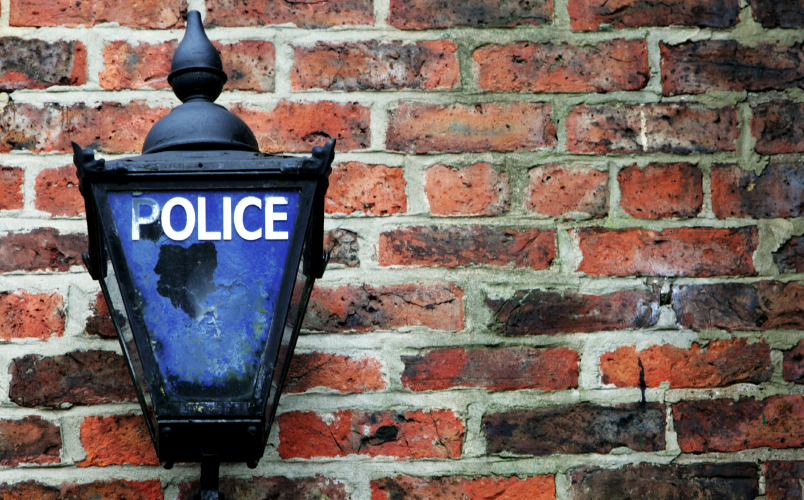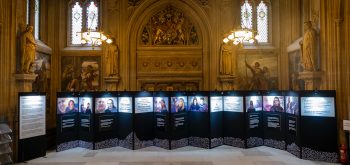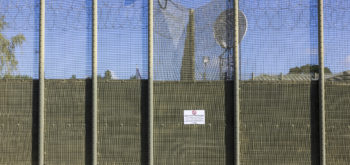Victims of rape and serious sexual assault in the West Midlands will soon have the right to request a review of evidence before a decision is made by prosecutors to drop the case. This six-month initiative will be occurring under a new government pilot scheme launching on Friday.
While victims already have a right to review Crown Prosecution Service (CPS) decisions, this does not apply once a case has been stopped in court. This new scheme would allow the victim to request a review of the evidence by another prosecutor if the CPS intends to close the prosecution.
Backed by the attorney general and solicitor general, the pilot is part of the government’s wider strategy to cut violence against women and girls in half
Justice reform advocate Jade Blue McCrossen-Nethercott, whose own case was dropped after the CPS cited a controversial ‘sexsomnia’ defence, praised the reform as ‘a hugely important step.’ In McCrossen-Nethercott’s case, despite the CPS later admitting fault, her case could not be reopened as the prosecutor offered no evidence in court.
She stated that the new scheme reflects a willingness by the CPS to change and rebuild trust between the public and the justice system, and officials hope that this change will do just that. If successful, the pilot could be rolled out across England and Wales.
As reported by the Guardian, Ministry of Justice data shows record-breaking backlogs in rape and sexual offence cases, with 11,981 awaiting crown court proceedings by the end of 2024. This is a 41% rise in just over two years. Additionally, adult rape trials alone have surged 70% in that time and now average two years to conclude.
The End Violence Against Women Coalition and Centre for Women’s Justice have welcomed this pilot, with Victims’ Commissioner for England and Wales, Helen Newlove, calling it ‘a first step toward ending a manifestly unfair practice.’
CPS West Midlands chief crown and lead prosecutor for rape, Siobhan Blake, also said the reform would offer victims ‘greater reassurance’, allowing earlier intervention and inquiry of decisions before they are unable to be reversed.







